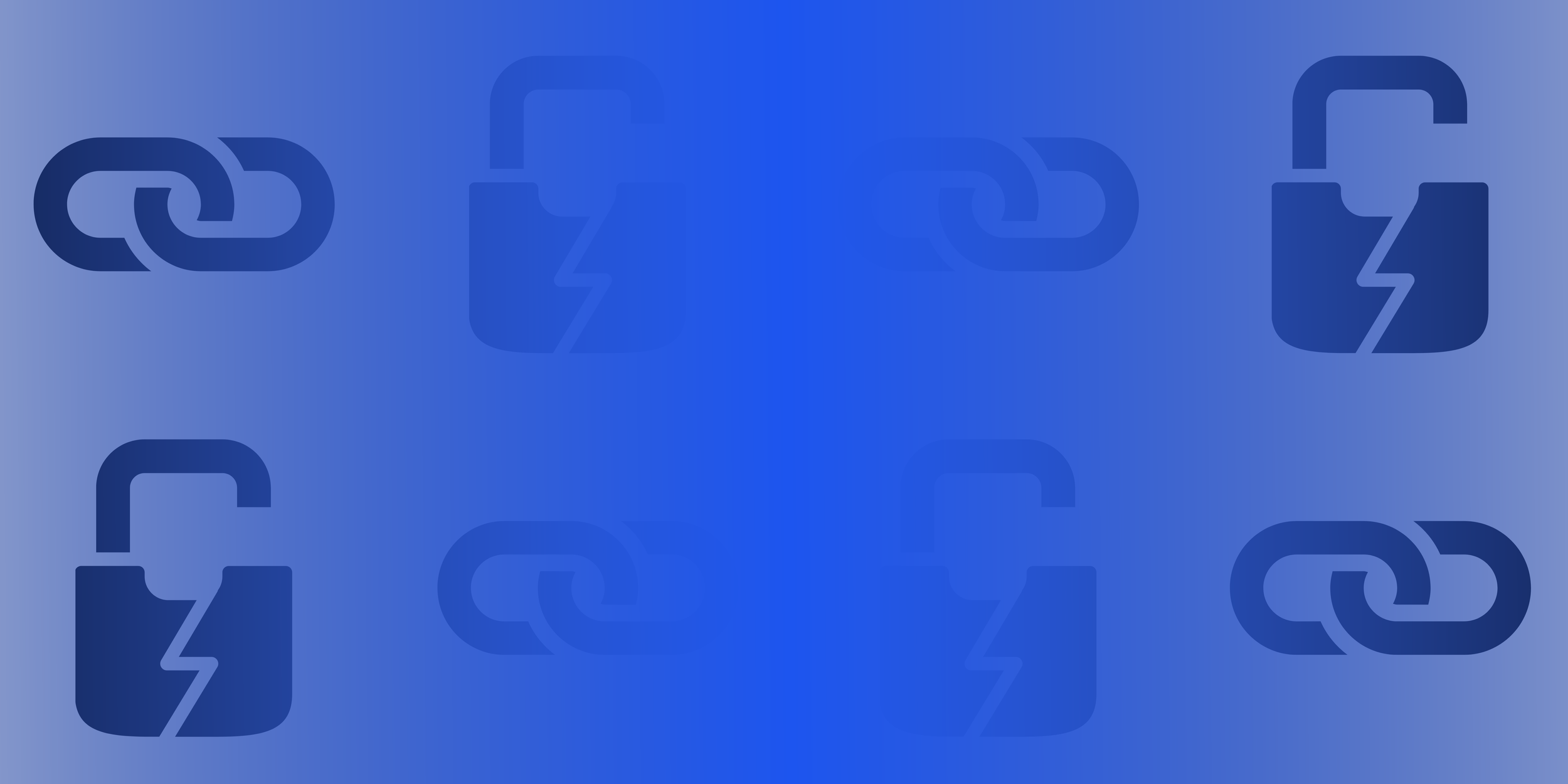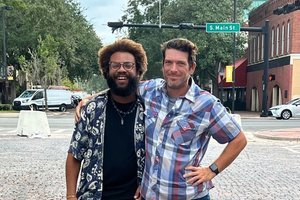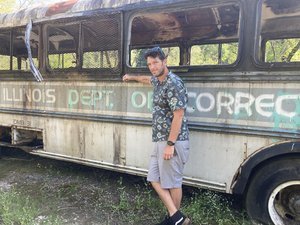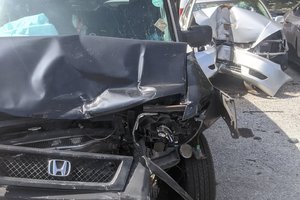
Alternative First Response
Our community needs an alternative first responder program, with teams of mental health clinicians and medics that can be dispatched via 911, 988 and a non-emergency line for low-risk, non-emergency calls.
This program would divert people from jail and connect them to the support they need to thrive.
Join us!
If your business or organization supports this idea, please click below to share your contact information. We'll add your business or organization's name and logo to the website as a supporter and keep you up to date with our advocacy work and opportunities to get involved.
Community Spring 2022-2023 Fellows who co-created the Links Not Locks Campaign
Why we need a community response
There is broad agreement in Gainesville and Alachua County that incarceration should not be the answer to problems rooted in mental illness or addiction.
Despite this consensus, and a lot of good work by local officials, our community is failing to provide the right response at the right time for many people experiencing social and medical issues such as a behavioral health crisis.
As a result, hundreds of people are locked away every year instead of being connected to the services they need.
Source: Alachua County, Florida - Sequential Intercept Mapping Report, 2022, page 17.
The human cost of this failure is enormous. A January 2022 report by the University of South Florida found that 295 of the 843 people in the Alachua County Jail, or 35%, were classified as having mental health conditions. And since they had substantially lower rates of pretrial release, those individuals with mental health conditions had been kept in jail even longer than people who had already been sentenced. The end result is that the jail holds more people with mental health conditions than all the local treatment facilities combined.
Over the last several years, there has been a growing recognition that a significant portion of 911 calls are not emergencies or threats to public safety, but would instead be better served by a response from behavioral health professionals. For instance, calls for suspicious persons, disorderly conduct or trespassing often stem from medical or social issues rather than criminal behavior that requires police involvement. Analysis from other jurisdictions suggests that between 33 and 68% of 911 calls fall into this category and could be handled without the police.
Alachua County Spending
Alachua County spent roughly $39.1 million to operate the jail in 2022.
Over one-third of that cost, or $13.7 million, was for incarcerating hundreds of people with mental illness.
By comparison, County spending on its Community Support Services division - which includes programs that offer mental health support and housing assistance - was about $14.7 million.
We believe that the most important change that we need to make in our community is at a first responder level, which can put someone on a path to either care or a cage. Even with the best intentions and training, when armed police are the primary response to a behavioral health crisis, there is significant risk of trauma, physical harm and arrest. An alternative first responder program would benefit not only people with behavioral health conditions, but also the police and the broader community by:
Connecting people to necessary services
Reducing trauma and the risk of physical harm
Reducing suffering and costs by diverting people from jail
Reducing the burden on the emergency medical system
Increasing public safety by allowing police to focus on police work
Who else is doing this?
Dozens of communities nationwide, including at least three in Florida, have launched programs that send behavioral health professionals instead of the police for non-emergency 911 calls.
Many of them have now concluded their pilot phases and are further expanding services. The idea underlying all of these programs is the same - teams of civilians who are professionally trained to handle non-emergency social and medical issues.
A few examples:
CAHOOTS has provided an alternative first response in Eugene, Oregon for more than 30 years. Out of over 24,000 annual calls, only 1% require police backup.
In St. Petersburg, the Community Assistance and Life Liaison (CALL) program responds to 911 calls that are related to medical or social issues like mental health crises, homelessness and neighbor disputes.
The Support Team Assisted Response (STAR) in Denver handles non-emergency issues with teams of medics and mental health professionals, responding to 4,700 calls last year.
On a local level, several related programs have recently been developed or expanded. These include the co-responder programs that pair police with clinicians from Meridian Behavioral Services, the Alachua County Crisis Center’s Mobile Response Team, Gainesville Fire Rescue’s Community Resource Paramedicine program and Grace Marketplace’s Street Outreach Team.
While this progress has been encouraging, the narrow scope of these programs means that our community continues to respond to many social and medical issues with police instead of care. We need to pull together the great work that’s already happening into a coordinated community response of behavioral health teams that are easily accessible via 911 and 988.








